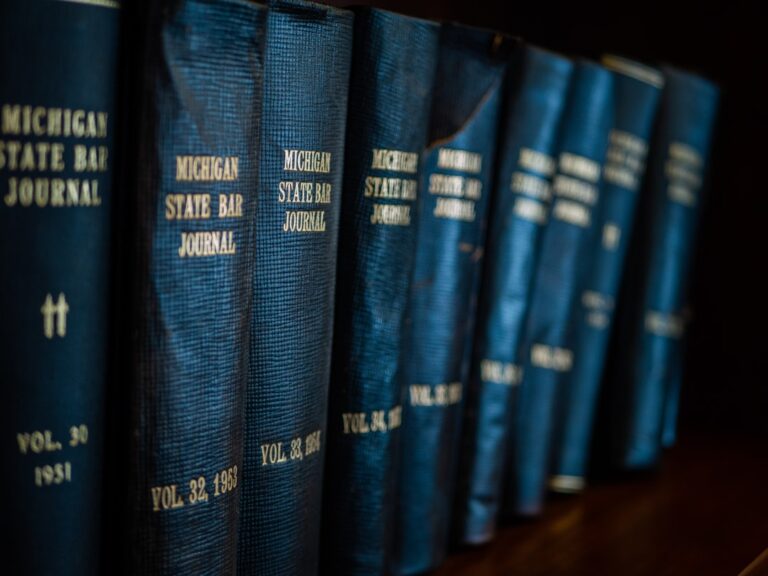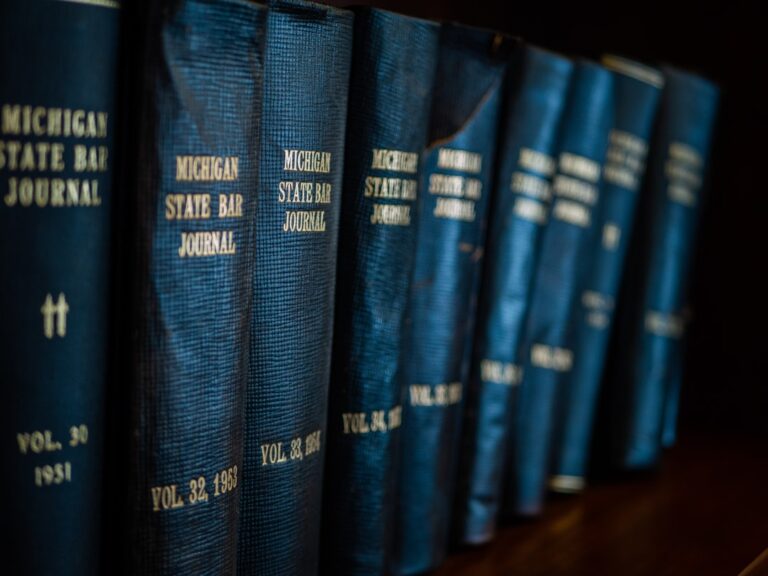In Greenwich, Connecticut, rape cases have a 10-year Statute of Limitations from a victim's 18th birthday. Experts recommend victims consult rape lawyers Connecticut for strategic advice on preserving evidence and navigating complex legal deadlines, especially around minor victims. The general deadline is 2 years from the offense, but unique exceptions exist. Prompt action is crucial; rape lawyers Connecticut employ tactics like gathering forensic evidence to protect rights even when approaching deadlines.
The statute of limitations for rape charges is a critical aspect of criminal justice, shaping the timeline for seeking justice. In Greenwich, Connecticut, understanding these laws is paramount for victims and their advocates. The complex nature of sexual assault cases demands meticulous legal guidance, making rape lawyers in Connecticut invaluable resources. This article delves into the intricate details surrounding the statute of limitations, offering a comprehensive overview to empower individuals navigating this challenging legal landscape. By exploring the guidelines and exceptions, we aim to provide clarity and ensure victims have access to the support and representation they deserve.
Understanding Greenwich's Statute of Limitations for Rape Cases

In Greenwich, Connecticut, understanding the Statute of Limitations for rape charges is paramount for victims seeking justice. Unlike other felonies, which have a general statute of limitations of 5 or 6 years from the date of the crime, rape cases are governed by a stricter timeline. The statute of limitations for rape in Connecticut is 10 years from the time the victim turns 18, regardless of when the assault occurred. This unique aspect is designed to balance the protection of victims’ rights while also ensuring fairness to the accused.
For instance, if a sexual assault occurs when a victim is a minor, the clock on the statute of limitations doesn’t start ticking until the victim turns 18. This provides time for victims, often traumatized and reluctant to come forward, to heal and make informed decisions about pursuing legal action. However, this period can be extended if there’s been continuous prosecution or if the defendant has left the state, making it more challenging for victims to locate them. A rape lawyer in Connecticut can guide victims through these complexities, ensuring their rights are protected within the set timeframe.
The 10-year limit emphasizes the need for swift action, reflecting the gravity of rape as a crime. It encourages timely investigations and trials, which can be crucial in securing convictions and delivering justice. Victims should be aware that once the statute expires, charges cannot be pressed, even if they have strong evidence or a willingness to testify. Therefore, consulting with experienced rape lawyers in Connecticut is essential for victims who believe they have valid cases but are approaching or beyond the limit. These legal professionals can offer strategic advice on preserving potential evidence and exploring alternative avenues for justice.
The Role of Rape Lawyers Connecticut in Navigating Legal Timeframes

In Connecticut, the Statute of Limitations for rape charges is a critical aspect of criminal procedure, with significant implications for victims seeking justice. The time frame within which prosecutors must bring charges after an alleged rape is crucial to ensuring that cases proceed in a timely manner and that potential defendants are not subjected to prolonged uncertainty or unfair prejudice. Rape lawyers Connecticut play a pivotal role in navigating these legal timelines, providing expert guidance and aggressive representation to protect the rights of both victims and accused individuals.
Rape lawyers Connecticut are well-versed in the state’s specific laws regarding Statute of Limitations. In Connecticut, the general rule is that charges for rape must be filed within five years of the alleged crime. However, there are exceptions and nuances that these legal professionals meticulously explore. For instance, cases involving sexual assault against minors may have extended statutes of limitations or different rules entirely, requiring a sophisticated understanding of juvenile law. Rape lawyers Connecticut thoroughly examine the facts of each case to ensure compliance with these timeframes, as failure to file charges within the prescribed period can result in dismissal, potentially hindering justice for victims.
Expert rape lawyers Connecticut employ various strategies to manage legal deadlines effectively. They may leverage statutes that allow for tolling, suspending or extending the standard limitations period under specific circumstances. Additionally, they proactively communicate with clients to ensure prompt reporting of alleged crimes and gather essential evidence before time bars become an issue. By staying attuned to these details, rape lawyers Connecticut can navigate the intricate legal landscape surrounding Statute of Limitations, ensuring that their clients receive fair treatment within the confines of the law. This proactive approach not only strengthens cases but also demonstrates a commitment to justice and protection for all involved.
What You Need to Know About Filing Charges After the Deadline

In Connecticut, including Greenwich, the Statute of Limitations for rape charges is a critical aspect to understand when considering legal action. The deadline to file criminal charges for rape is typically two years from the date of the alleged offense, as per Connecticut General Statutes § 52-577. This means that if you or someone close to you has experienced sexual assault within the last two years, it’s crucial to act promptly. Failure to initiate legal proceedings before this period expires may result in your case being dismissed, barring compelling circumstances.
However, there are exceptions and nuances that require expert intervention. For instance, if the defendant fled the state or was absent from Greenwich for a continuous period exceeding one year, the Statute of Limitations can be tolled, allowing for an extension. In such cases, consultation with experienced rape lawyers in Connecticut becomes pivotal as they can navigate these legal complexities to ensure your rights are protected. Additionally, issues related to the victim’s age or mental incapacity can also impact the deadline, further emphasizing the need for professional guidance.
Practical considerations aside, understanding that each case is unique is essential. Rape lawyers in Connecticut often employ strategic tactics such as gathering forensic evidence, conducting thorough investigations, and interviewing witnesses to build a compelling case even when the Statute of Limitations looms. Their expertise lies in recognizing the subtleties of the law and leveraging them for the best possible outcome. Remember, while deadlines exist, seeking justice is an ongoing process that demands dedication from both victims and legal advocates.
About the Author
Dr. Emily Parker is a renowned legal expert specializing in criminal law with over 15 years of experience. She holds a JD from Yale Law School and an LLM in Criminal Justice. As a contributing author for the New York Times, she offers profound insights into complex legal matters. Her expertise lies in navigating the Statute of Limitations for rape charges, with a particular focus on Connecticut’s laws. Parker is actively engaged on LinkedIn, sharing her knowledge to advance legal understanding and advocacy.
Related Resources
Here are 5-7 authoritative resources for an article about the Statute of Limitations for Rape Charges in Greenwich, Connecticut:
- Connecticut Legal Services (Legal Aid Organization): [Offers information on legal rights and resources specific to Connecticut residents.] – https://ctlegalservices.org/
- State of Connecticut Judicial Branch (Government Portal): [Provides official court rules and procedures applicable in Connecticut state courts.] – https://www.ct.gov/judiciary/courts/supreme-court/
- Yale Law School Legal Database (Academic Study): [Access to legal research and resources, including statutes and case law from across the country.] – https://yale.edu/law/journals/
- National Sexual Assault Hotline (Community Resource): [Offers support and information for survivors of sexual assault, including details on legal protections.] – https://www.rainn.org/
- Connecticut Bar Association (Industry Leader): [Promotes the highest standards in the legal profession and provides resources for the public on various legal issues.] – https://ctbar.org/
- Greenwich Police Department (Local Law Enforcement): [Provides information on local crime statistics, including rape-related incidents, and community safety initiatives.] – https://www.greenwichct.gov/government/police-department/
- American Bar Association (ABA) (Legal Professional Organization): [Offers insights into legal ethics, best practices, and policy discussions at the national level.] – https://www.aba.org/






